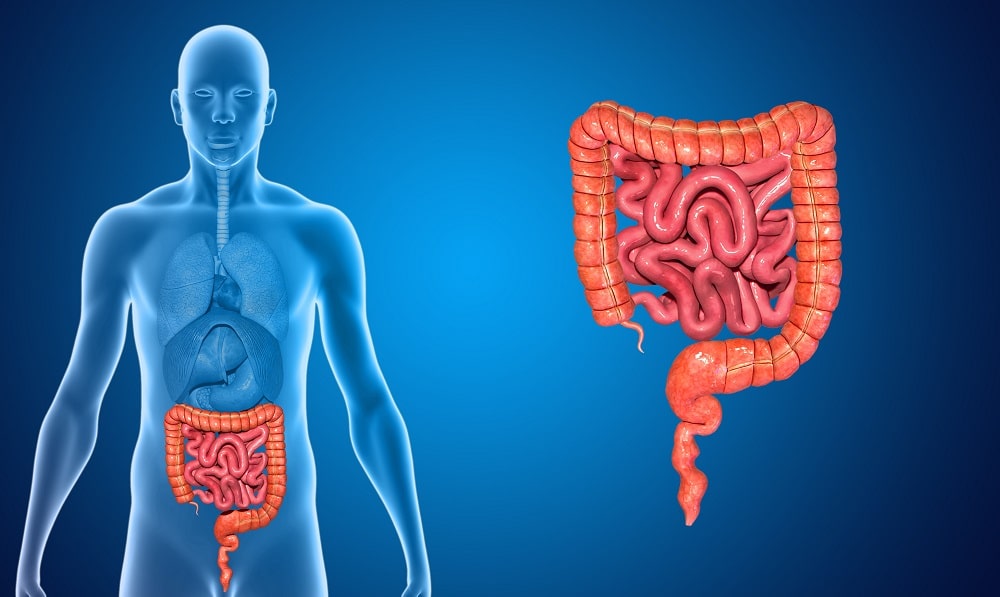Worms

INTESTINAL WORMS AND DEWORMING
Just thinking about the possibility that you or one of your family members may have worms probably sends a chill down your spine. The reality is that 1 in 4 people world-wide are infected with intestinal worms, with some of the highest numbers of infection seen in sub-Saharan Africa. Getting infected with worms may be much easier than you think, which is why regular deworming is very important. 1
GETTING INFECTED WITH WORMS
Intestinal worms are also called soil-transmitted helminths, which infect humans and are transmitted through contaminated soil (“helminth” means parasitic worm). Examples of these worms are, amongst others, the roundworm, Ascaris lumbricoides, whipworm (Trichuris trichiura), and hookworm (Anclostoma duodenale or Necator americanus). 2
A person can get infected with an intestinal worm in various ways, depending on the lifecycle of the specific worm.
- Through the skin, often the feet or buttocks – infection with a hookworm or threadworm. 3,4
- Through ingesting infected water or unwashed food, or ingesting eggs from soil or the environment – the roundworm, whipworm, pinworm. Children often get infected when they play in contaminated sand/soil. 3
- Ingesting contaminated meat – tapeworm larvae burrow into the muscle of animals, such as cows, pigs and fish, which are eaten and can infect a human if the meat is undercooked or raw. 3,4
Getting infected is easier than you may think. In South Africa, treated sewage sludge is sold to farmers as fertiliser, allowed only when growing crops like cereal or grass; this sludge is not treated for worm eggs. If farmers decide to use this sludge as fertiliser for other crops like vegetables, fruit or other foods that are often eaten raw, it is possible that a person could be infected if the foods are not properly washed or cooked. 5

THE IMPACT THAT WORMS CAN HAVE ON A PERSON
Recent surveys in South Africa show that 70 – 100 % of school-age and pre-school children across different provinces are infected with helminths. 6
Compared with any other age group, school-aged children and preschool children are the most vulnerable group and they harbor the greatest numbers of intestinal worms. The impact if infected with worms is far-reaching: 7,8
- They experience growth stunting and diminished physical fitness.
- They may experience impaired memory and cognition.
- A combination of these effects may impair childhood educational performance and reduce school attendance.
Although the effects on growth are most pronounced in children with the heaviest infections, even light infections can contribute to growth deficits if the child is generally not eating a healthy, balanced diet. 7
Studies have also shown that children infected early in life and experience initial organ damage, can have no problems for years and only start experiencing problems later in life, even in adulthood. 8
Intestinal worms impair the nutritional status of most people they infect in multiple ways. 1
- The worms feed on host tissues and blood, which leads to a loss of iron and protein
- Hookworms can also cause chronic intestinal blood loss that can result in anaemia
- The worms increase malabsorption of nutrients, e.g. roundworm may possibly compete for vitamin A in the intestine.
- Some worms also cause loss of appetite and, therefore, a reduction of nutritional intake and physical fitness.
Iron deficiency aneamia due to worm infestation during pregnancy may cause premature birth, low birthweight and impaired lactation 7
SIGNS OF INFECTION AND HOW TO PREVENT IT
People with light soil-transmitted helminth infections usually have no symptoms. Heavy infections can cause a range of health problems, including abdominal pain, diarrhoea, blood and protein loss, rectal prolapse, and physical and cognitive growth retardation. 2
To prevent infection with worms, apply some basic hygiene principles 9,10
- Hand washing: Wash hands with soap and water before and after using the toilet. Wash hands before cooking or handling food, as well as having meals. Ensure that children also wash their hands properly and regularly. Keep fingernails short.
- Safe food practices: Thoroughly cook pork, beef, turkey, chicken and fish. Never eat undercooked or raw meats. Use separate cutting boards for meat and vegetables. Thoroughly wash and peel fruit or vegetables. Only use clean water.
- Additional protection: Keep toilet seats clean. Avoid swimming in sources of unclean water. Avoid walking barefoot in areas where contamination with stool is possible.

Related Brochures


